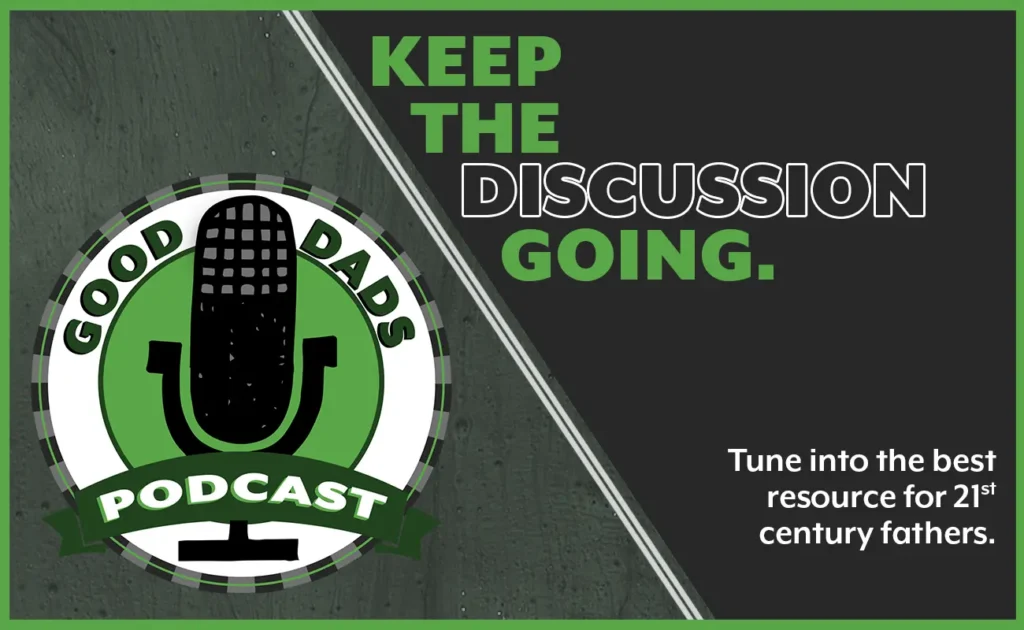“Hold my hand, daddy. I’m scared.”
“Watch this, daddy. Watch me jump in the pool. Did you see the splash I made?”
“Did you see me hit that ball, Dad? Were you watching when I hit that homerun?”
Why is having our attention so important to children? Why do small children, especially, remind us over and over to “watch me?” Why do they crawl up in our laps and grab our hands? What is it about them and us, their parents, that makes them so insistent on maintaining a connection?
What happens as our kids get older? Do they still need our attention? How do we let that gangly, awkward 12-year-old know we love them just as much as when they were two? How do we communicate our love to them in meaningful ways, so they know they are valued? Why is it important?
Hardwired to Connect
Numerous studies underscore the importance of human connection to one’s overall health and well-being. According to experts, we are “hardwired to connect” from birth. We may be more connected digitally, but when it comes to strengthening the bond between people, it appears that something is missing.
According to Our Epidemic of Loneliness and Isolation from the Surgeon General, “approximately half of U.S. adults report experiencing loneliness, with some of the highest rates among young adults” (p. 9). In fact, the report goes on to say that “the rate of loneliness among young adults has increased every year between 1976 and 2019” (p.19). Moreover, even though older adults are more likely to live alone and experience social isolation, those under 65 are more likely to report feeling lonely.
So how do we go about helping our children and/or partner feel loved and connected to us and each other? How do we dampen and diminish any lingering feelings of loneliness?

Creating and Sustaining Connection
According to David Augsburger, an author and professor of pastoral care and counseling, “Being heard is so close to being loved that most people cannot tell the difference.” If we take this to heart, then we might want to pay a lot more attention to ways to truly listen to the people we love. Ross Campbell, MD, suggested three very important aspects of listening and loving in his classic book, How to Really Love Your Child. They include physical touch, direct eye contact and focused attention. What’s true for a parent-child relationship also holds true for other key relationships. Let’s take a longer look at each.
Physical Touch
Marc regularly wrestled with his sons, Sean and Brooks, when they were small and both he and Amy gave them frequent hugs and kisses. Because they know that physical touch is important for children in their preteens just as much as when they were younger, Marc and Amy continue to make a point of giving them a hug or touching them on the arm or shoulder when they are near. Marc wants his boys to know they are loved regardless of their accomplishments. He and Amy agree that physical touch, on good days and bad, helps communicate this.
Why this matters: Affectionate touch is essential for maintaining a healthy relationship, both with one’s children and with one’s mate. This may involve hugging and kissing, which are essential for a child’s emotional well-being, but they can also include an encouraging touch on the arm or shoulder. The important thing is for appropriate affectionate touch to be a regular part of a healthy couple or family relationship.
Eye Contact
When Tyrone took his kids to the park, he noticed another dad distractedly looking at his phone while his children repeatedly yelled, “Watch me, Daddy. Did you see that, Daddy? Look what I can do, Daddy.” Noticing how much these children wanted their dad to see them caused Tyrone to consider how often he looks at his kids. He thought about how they often were better behaved when he paid attention, giving them eye contact. It occurred to him that when we take the time to let someone know we really see them, we help them feel valued and loved. Now Tyrone puts his phone away more often when he is with his children.
Why this matters: Along with physical touch, those closest to us need our direct eye contact. Especially today when people are so often distracted by their phones or some other screen, kids and adults need to see the people they love most looking at them, face-to-face, eyeball-to eyeball.
Focused Attention
Juan works long hours driving a truck over the road. Even though he is happy to be able to provide for his children, he worries about them while he is away. After learning about the importance of focused attention, Juan vowed that he would do his best to be fully present with his youngsters for a good portion of the time when he is home. It’s easy for a parent to tower over a kid lounging on the floor or sprawled across the sofa, so Juan decided to get down to their level, put away any distracting devices and let them know he’s paying attention. In this way, Juan strives to let his kids know they are important to him and he loves and cares about them. When separated by distance, he makes sure he has uninterrupted time for FaceTime calls. It isn’t always easy, but over time he can see a stronger connection developing with his kids.
Why this matters: Focused attention involves spending quality time with children where they have your undivided attention. This means they are the most important thing on your agenda for a particular moment in time. Giving kids or a partner this kind of attention helps them feel important and helps to develop a secure attachment. Without a secure attachment, people struggle to have healthy relationships with others.
Adults Crave Connection, Too
“Show me a person who asks questions and listens and I’ll show you a person who makes people feel known and loved.” This is just one of the takeaways the Good Dads team brought home from the NARME (National Association for Relationship and Marriage Education) conference in late June. We think it bears repeating. Physical touch, eye contact and focused attention (also known as listening) are essential for all relationships.
While you’re thinking about ways to stay connected with your kids, don’t forget to use those same strategies with your spouse or partner. Just as having a parent’s attention can often calm a fretful child, so can offering a caring connection in these ways to your partner yield rich dividends for both of you. Remember, we are all hardwired to connect with others. Using these tools can help you and them thrive and flourish.





